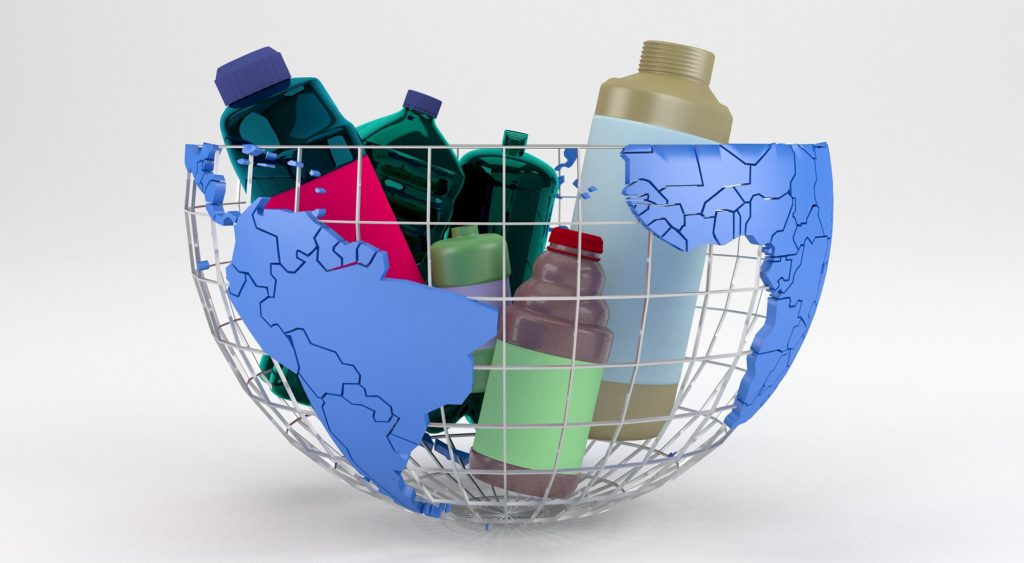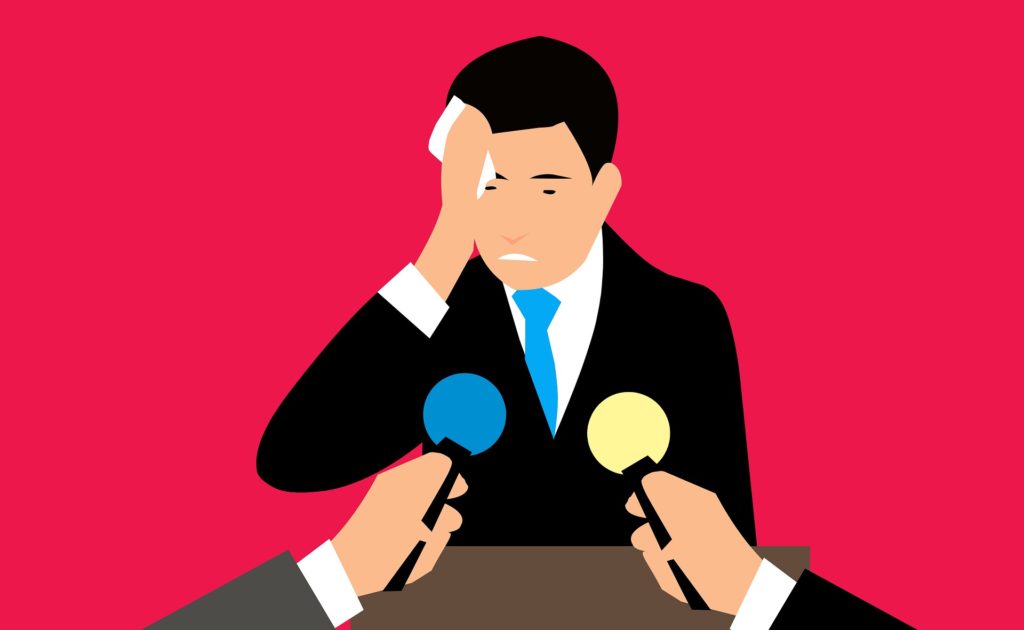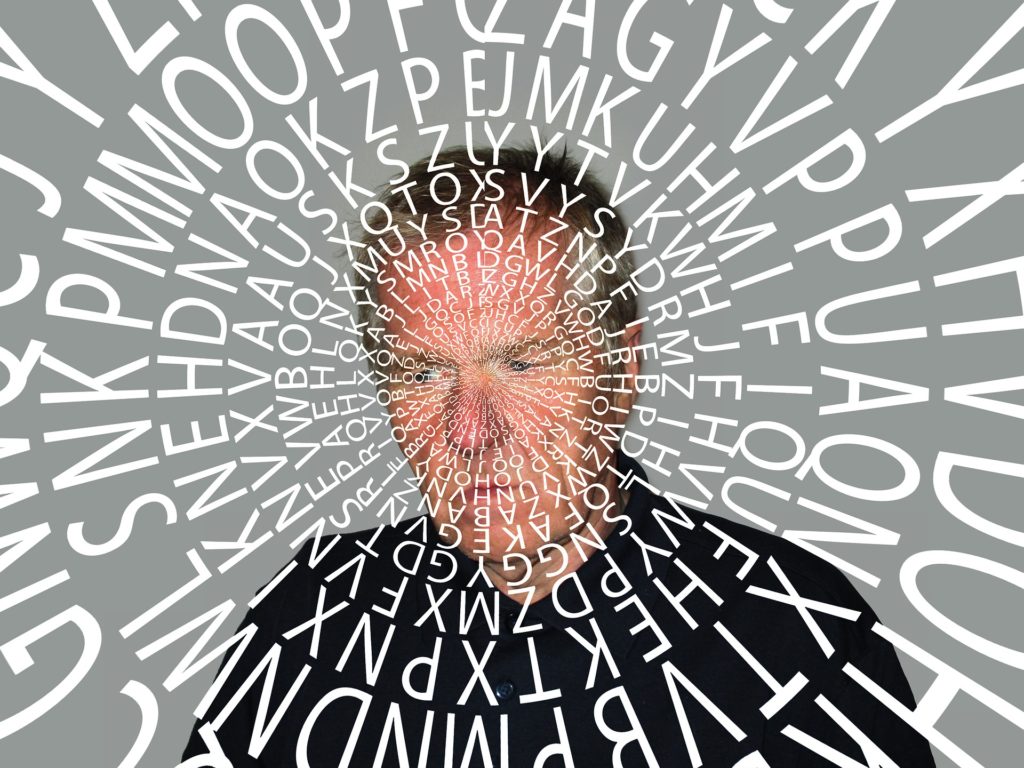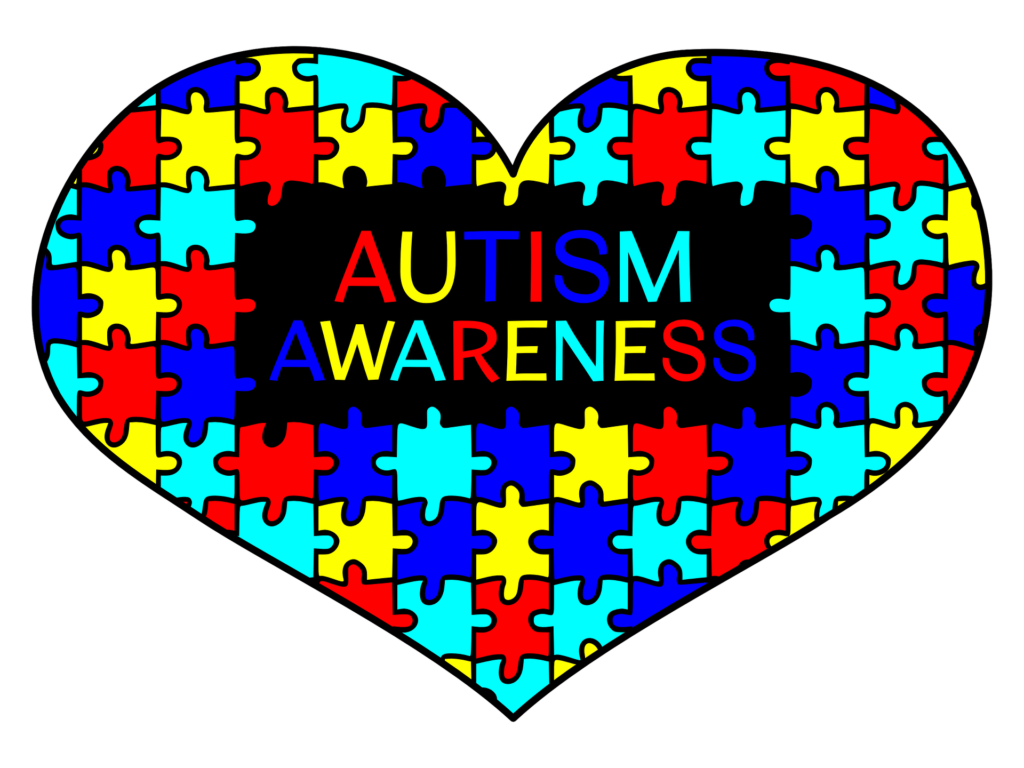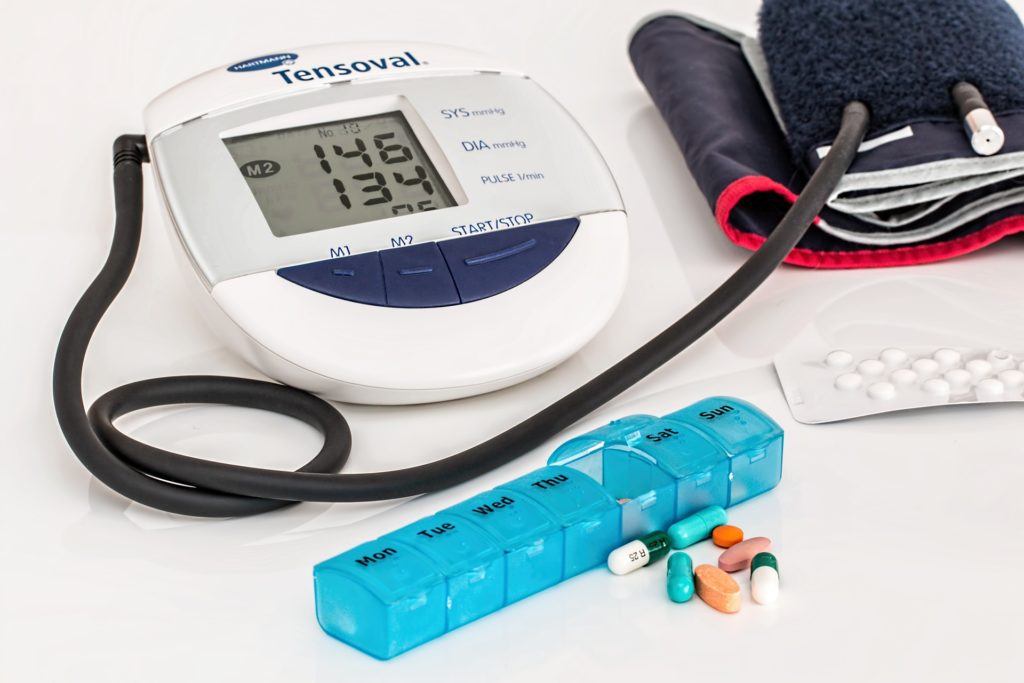
We hear so many claims of what CBD can do that we often have to stop, take a breath and rely on actual research to determine the efficacy of CBD and the claims surrounding it.
As to whether or not it reduces cholesterol, there is no definitive evidence to indicate that it does. However, having said that, I do have to mention that CBD does aid in promoting a healthy heart.
CBD AND HEART HEALTH
According to an article on the web page Healthline, “CBD’s anti-inflammatory and antioxidative properties may be able to reduce risk factors that can lead to heart disease, like high blood pressure. It may also be able to reduce the risk of related conditions, like stroke. In a 2017 study, healthy human volunteers were subjected to stress and then given a dose of CBD. The CBD lowered their blood pressure, as compared to volunteers given a placebo. However, non-stressed individuals saw no such improvement.”
Heart disease increases the risk of stroke. A hemorrhagic stroke is when a blood vessel in the brain bursts. An ischemic stroke happens when a blood clot blocks blood flow to the brain.
A 2010 review found that CBD may help protect stroke patients from brain damage and even aid recovery by boosting brain function.
It is important to note that the findings of studies on stroke recovery were on animals and that we need more research on the effect of CBD on human stroke patients.
A 2016 study showed that CBD may reduce autoimmune myocarditis. CBD’s anti-inflammatory properties are important for a healthy heart. Myocarditis is inflammation in the heart which creates a condition where the heart can not pump properly. Since CBD in effective in reducing inflammation, it can help with myocarditis.
The study also found that CBD reduces oxidative stress, which is a condition related to inflammation.
CBD CAN HELP WITH KEEPING YOUR HEART HEALTHY
CBD can help us keep a healthy heart; however, it is no substitute for a healthy lifestyle, which includes a balanced, healthy diet, exercise, a good night’s sleep, and a reduction of stress. CBD can help with some of these but is not a panacea.



